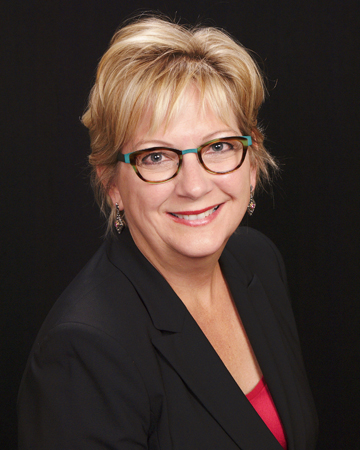 Examining data from more than 3.5 million high school graduates, a report released by the National Student Clearinghouse states that poverty remains a more important indicator of whether a student will enroll/attend college than other factors.
Examining data from more than 3.5 million high school graduates, a report released by the National Student Clearinghouse states that poverty remains a more important indicator of whether a student will enroll/attend college than other factors.
Those of us that work with under-resourced students know that there are two important ways to help your students a) graduate from high school and b) interest them in higher education: creating/building future stories and developing relationships of mutual respect.
Why is building a future story important? Simply put, having a goal or compelling vision will help move an individual towards stability. When you introduce yourself, what do you typically say after stating your name? Conversely, what question do you ask after people introduce themselves? “ I am a …” or “What do you do?” Role and gender identity are huge components of feeling positive sense of self worth.
Planned Parenthood has data from 1995-1996 in which they asked girls in the 4th grade what they wanted to do and be. The organization followed up with these girls at the age of 16 and found that, of the girls who could not state what they wanted to do or be during that study, 86% were pregnant. Being a mom is a role; it is a future story. For those of you working with kids on future stories, pick up a copy of The R Rules – A guide for teens to identify and build resources. Author Betti Souther has had great success building the resources of kids, which includes a future picture using her program.
Dr. James Comer says, “no significant learning occurs without a significant relationship.” Dr. Ruby Payne, author of A Framework for Understanding Poverty, also spends considerable time discussing the importance of relationships in regard to learning. Known for her work on the mindsets of class, Dr. Payne says that, because poverty is about relationships and entertainment, the most significant motivator for students is a key relationship. Stephen Covey also uses the notion of emotional deposits and withdrawals when creating and developing relationships. Deposits are the basis of a relationship; emotional withdrawals are avoided; the combination of which results in a relationship of mutual respect.
Students from daily instability will have a more difficult time going to and staying in college. The environment in which they live creates obstacles for them to be successful. As professionals, the support we provide through the relationships we develop are often the biggest boost a person living in poverty can have to successfully transition into stability.
Thanks for all the professionals who have touched a life of a person from poverty.








